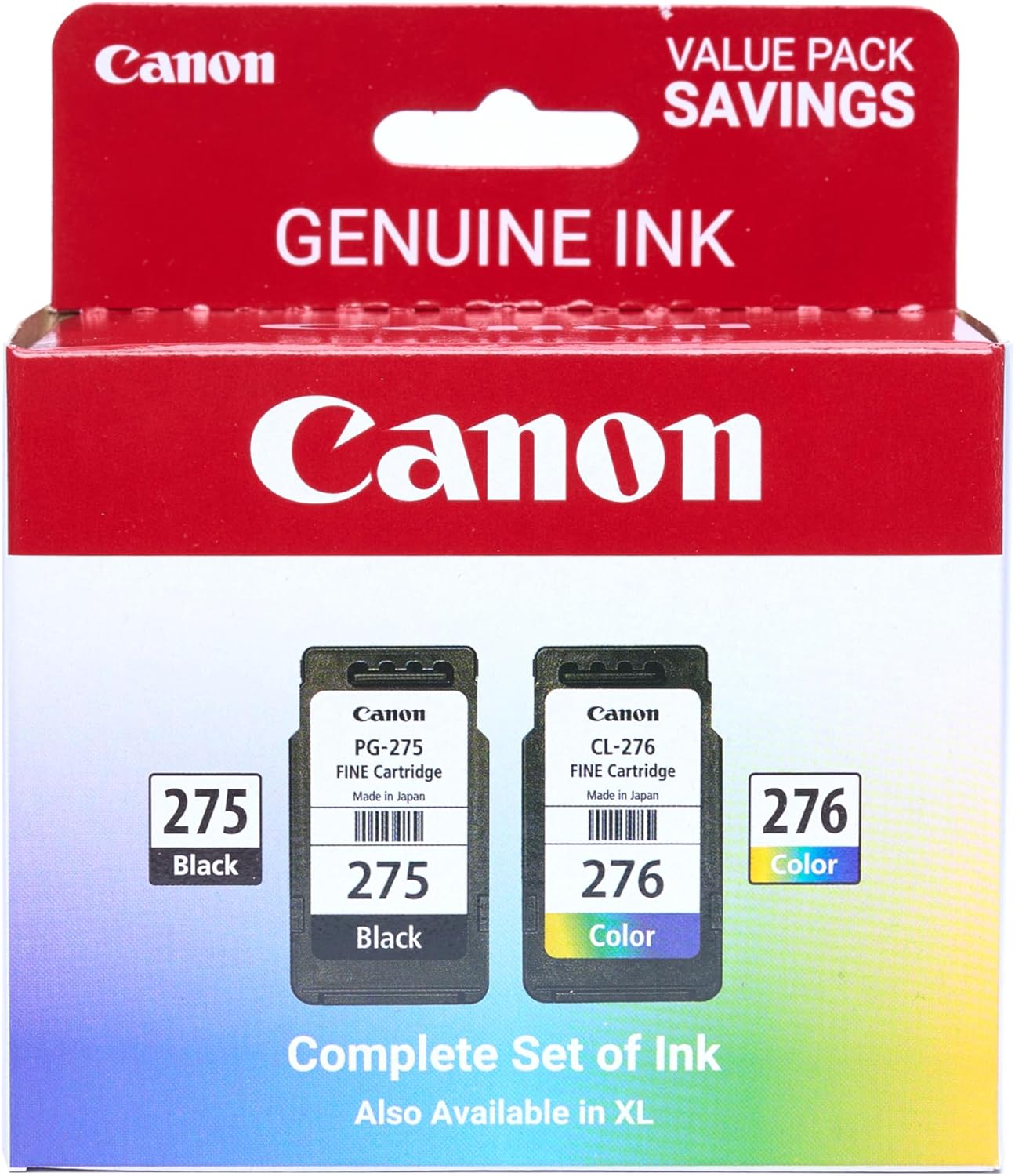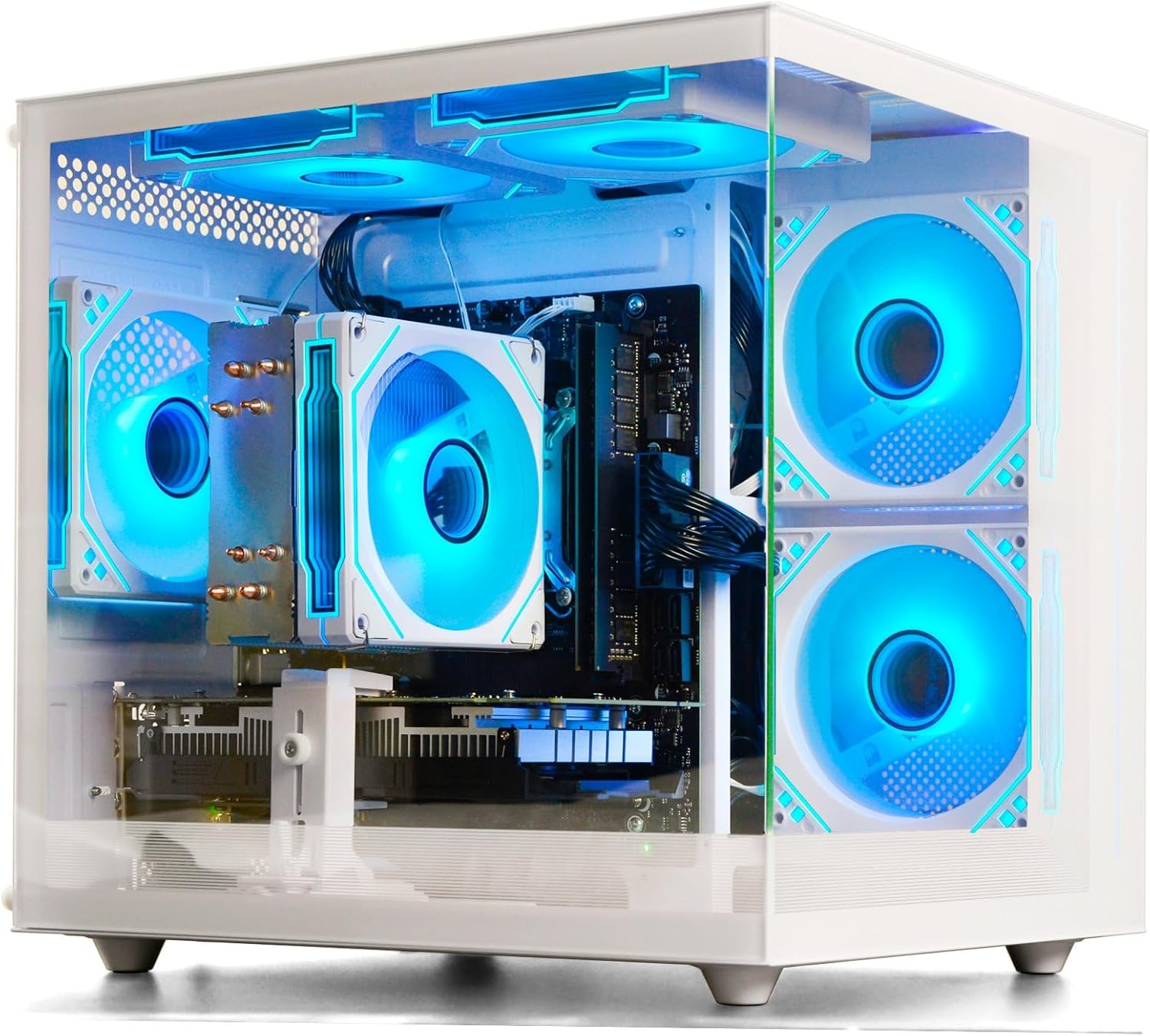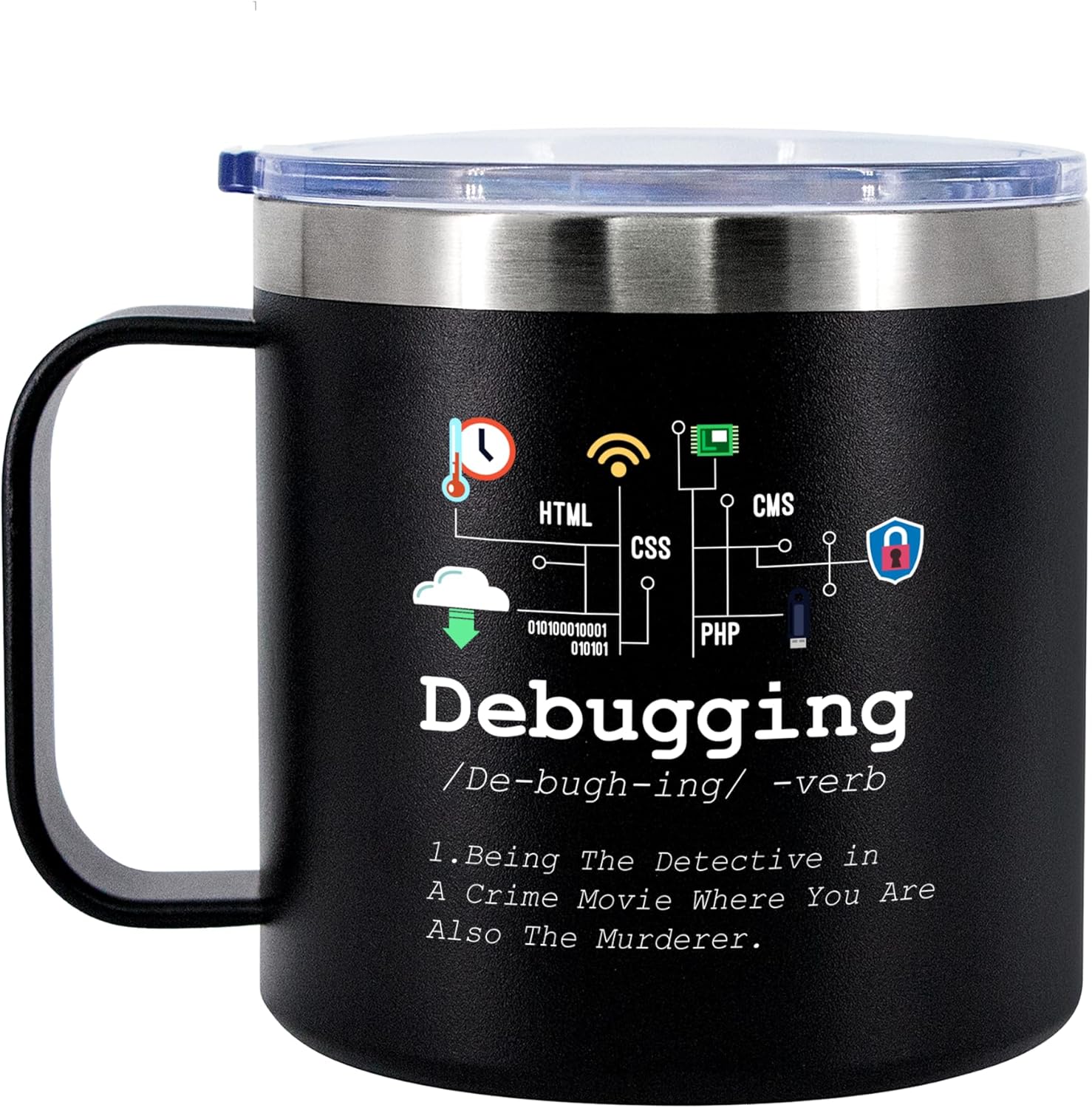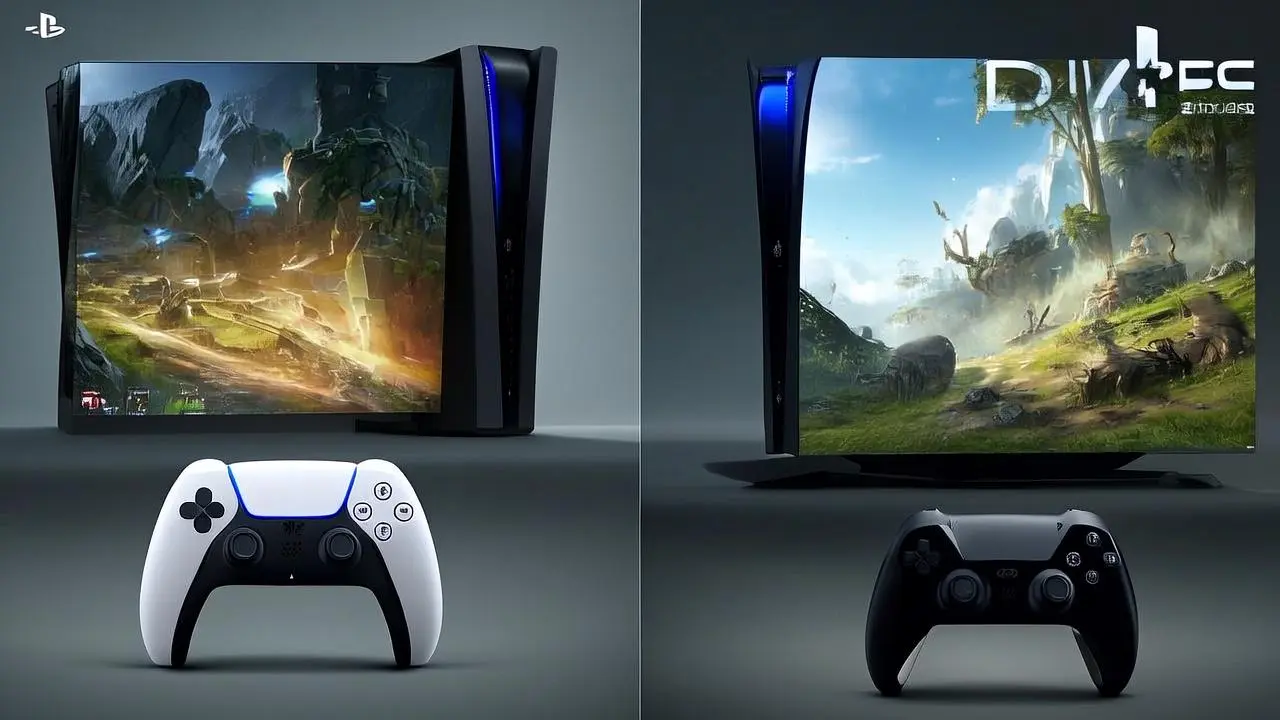The gaming industry has never been more competitive, and console development plays a pivotal role. For developers, deciding between working on the PlayStation 5 vs Xbox Series X can influence game performance, user experience, and profitability. Both consoles offer state-of-the-art architecture, but how do they truly stack up for developers?
From hardware specifications and development tools to ecosystem perks and cross-platform functionality, this article breaks down every critical detail to help developers make informed choices.
PlayStation 5 vs Xbox Series X – Core Hardware Comparison
At first glance, both consoles deliver outstanding performance, but under the hood, there are distinct differences worth exploring from a development standpoint.
CPU and GPU
- PlayStation 5:
- Custom AMD Zen 2 CPU (8 cores at 3.5 GHz with SMT)
- GPU: 10.28 TFLOPs, 36 CUs at 2.23 GHz (variable frequency)
- Xbox Series X:
- Custom AMD Zen 2 CPU (8 cores at 3.8 GHz with SMT)
- GPU: 12 TFLOPs, 52 CUs at 1.825 GHz
The Xbox Series X clocks in with more raw GPU power, which might suggest better performance, but real-world application depends heavily on game optimization.
Memory and Bandwidth
- PlayStation 5: 16 GB GDDR6 / 256-bit (448 GB/s)
- Xbox Series X: 16 GB GDDR6 (10 GB @ 560 GB/s, 6 GB @ 336 GB/s)
Xbox’s memory configuration is more complex but can harness better bandwidth if managed correctly in development.
Storage and Load Times
Speed has become a defining trait of this generation. Let’s talk about storage architectures, which have changed how developers think about level design and asset streaming.
SSD Technology
- PS5: Custom 825 GB SSD (5.5 GB/s raw)
- Xbox: 1 TB Custom NVMe SSD (2.4 GB/s raw)
Thanks to the PS5’s lightning-fast SSD, developers can create more seamless game worlds with minimal loading. According to an article by Digital Foundry, some games load nearly twice as fast on PS5.
Development Tools and Ecosystem
Your productivity as a game developer often depends on the tools available. Both Sony and Microsoft offer mature, supportive environments.
PlayStation DevKit
- Integrated with PS5-specific SDKs and GNM/GCN graphical APIs
- Leverages access to Sony’s ecosystem via PlayStation Partners
- Advanced support for haptic feedback via DualSense controller
Xbox Series X Dev Environment
- Uses GDK (Game Development Kit) and DirectX 12 Ultimate
- Supports cross-platform development (Xbox, PC, Cloud)
- Seamless integration with Azure Gaming services
Microsoft has the edge in cloud deployment and universal compatibility, especially for smaller studios targeting broader platforms.
Backward Compatibility and Market Reach
Cross-Generational Support
- Xbox Series X offers full backward compatibility with Xbox One, Xbox 360, and even select original Xbox games.
- PlayStation 5 supports most PS4 games but lacks older generation compatibility.
From a development standpoint, wider support on Xbox means your older titles can remain valuable and accessible in the new-gen world.
Market Presence
As of 2024, PS5 leads in global sales, but Xbox maintains a solid presence, particularly in the US. Consider where your audience is most active.
Unique Developer Features
PS5’s DualSense Advantage
- Haptic feedback and adaptive triggers enhance immersion.
- Developers like Insomniac Games have praised the controller’s impact on game experience.
“The level of tactile feedback lets us express gameplay in a more nuanced way,” says Brian Horton, Creative Director at Insomniac.
Xbox’s Smart Delivery
- Allows devs to release one version of a game that automatically runs the best version based on hardware.
- Simplifies user experience and reduces development friction.
Pricing and Subscription Services
Platform Costs
- PS5 Digital Edition: $399 | PS5 Standard: $499
- Xbox Series S: $299 | Xbox Series X: $499
Xbox offers more budget-friendly options, broadening your potential install base.
Developer Revenue Potential
- Game Pass offers recurring revenue opportunities but at the cost of exclusivity.
- PlayStation Plus supports similar frameworks with a more exclusive edge.
Learn more about monetizing across platforms with our Polycode insights on game revenue models.
Development Community & Support
Online Forums & Dev Communities
Both Sony and Microsoft host active developer forums, but Microsoft also integrates with Stack Overflow and GitHub for wider collaboration.
Documentation and Tutorials
- Xbox: Extensive documentation in Microsoft Learn
- PlayStation: Comprehensive docs provided on their partner net
Which Console Should You Choose for Game Development?
Weighing up the pros and cons:
PS5 Pros
✅ Faster SSD speed
✅ DualSense innovation
✅ Strong global market share
Xbox Series X Pros
✅ More GPU performance
✅ Cross-platform and backward compatibility
✅ Azure cloud integration
FAQ: PlayStation 5 vs Xbox Series X for Developers
Q1: Which is easier to develop for — PS5 or Xbox?
A: Xbox offers more PC-like environments due to DirectX 12 Ultimate, while PlayStation’s custom architecture requires a bit more adaptation.
Q2: Is Game Pass a good opportunity for indie devs?
A: Yes. While it can impact direct sales, exposure and recurring revenue models often compensate.
Q3: Can I develop one game for both consoles?
A: Absolutely. Tools like Unity and Unreal Engine support cross-platform development.
Q4: Does PS5’s SSD really make a difference?
A: Yes, significantly. Faster data transfer allows better streaming assets and reduces load times.
Q5: Which platform is best for cloud gaming?
A: Xbox, due to its integration with Microsoft’s cloud-first initiatives like Azure and Xbox Cloud Gaming.
Conclusion: What’s the Best Console Platform for Developers?
Choosing between the PlayStation 5 vs Xbox Series X isn’t just a matter of performance—it’s a strategic decision. While PS5 offers unmatched SSD speed and global appeal, Xbox counters with computing power, backward compatibility, and streamlined development tools.
If you’re developing a high-fidelity, immersive single-player title, PS5’s SSD and DualSense features might win you over. But if you’re aiming for broad market reach and cross-platform support, Xbox is hard to beat.

Canon PG-275
Canon PG-275 / CL-276 Genuine Ink Value Pack (2 Cartridges), Compatible with TS3520/3522/4722/3720/3722, TR4720

Prebuilt Gaming Desktop Computer
Prebuilt Gaming Desktop Computer | 16G Memory | 512G SSD | AMD Ryzen5 6Cores 3.6G Up to 4.1G | RX 560 4G Graphics Card | Wi-Fi 6 | Gamer PC White

NUBWO U3 Gaming Headset
NUBWO U3 Gaming Headset with Microphone, Safe Volume Limited, Kids Headphones for Switch, Super Lightweight, Rich Sound, 3.5mm Jack for NS, PS4, PS5, Xbox, Tablet, iPad Computer, Red

Panvola
Panvola Debugging Definition Computer Programmer Student Teacher Geek Coder Tech Support Programming IT Insulated Coffee Mug with Handle and Lid Camping Travel Thermal Mugs 14 oz Black

